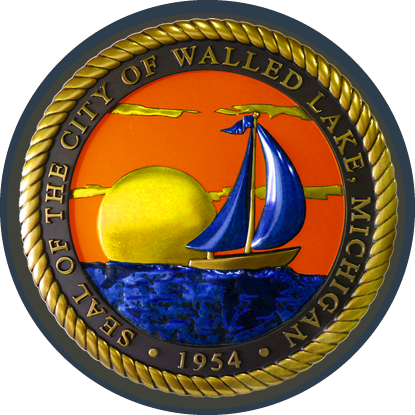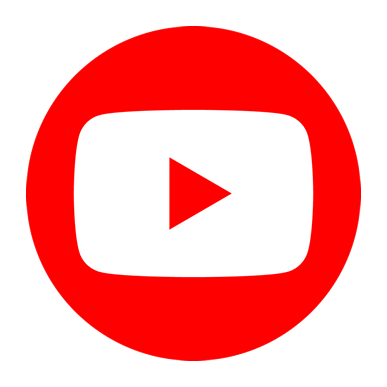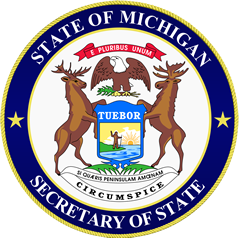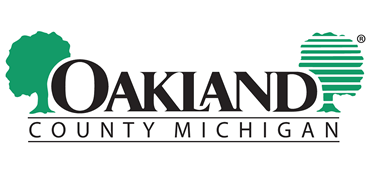REFUSE & RECYCLINGYou Recycle . . . Then What ?Household Hazardous Waste Events |
New Year’s Day Fourth of July Thanksgiving
Memorial Day Labor Day Christmas
64-gallon recycling carts are available upon request for Walled Lake curbside recycling customers.
Contact Priority Waste at (586) 228-1200
(Additional $3 monthly fee per cart applies)
Refuse pickup is on Wednesdays, please have trash out to the curb by 5:30 a.m.
For any questions or missed trashed, please contact Priority Waste (586) 228-1200 or visit website: prioritywaste.com
Yard Waste
- On your regular garbage pick up day, place grass clippings, leaves, twigs and any other yard waste in brown paper yard waste bags or in a container clearly marked "Yard Waste". Items not accepted as yard waste are the following: Straw, hay, yard waste mixed with trash, apples, logs, tree stumps, dirt, rocks, sod or yard waste in plastic bags.
- The City's refuse hauler will also pick up branches if they are less than two (2) inches in diameter and are bundled in four (4) foot lengths. Brush bundles should not exceed forty (40) pounds.
- Yard waste season begins the first Wednesday in April and runs through the last Wednesday in November.
HOW THE MRF WORKS
- View the video on how the MRF works through the following link: MRF VIDEO
RRRASOC
Updated Recycling Guidelines: Guidelines
Drop-Off sites: Drop-Off Locations
Simple Recycling: Simple Recycling







